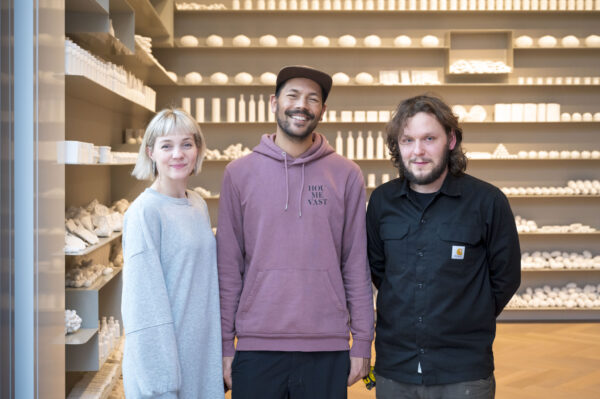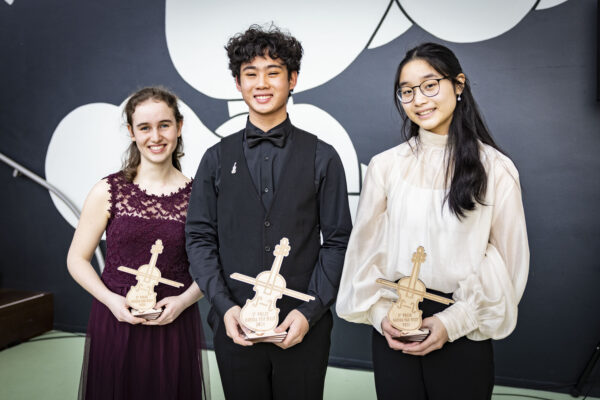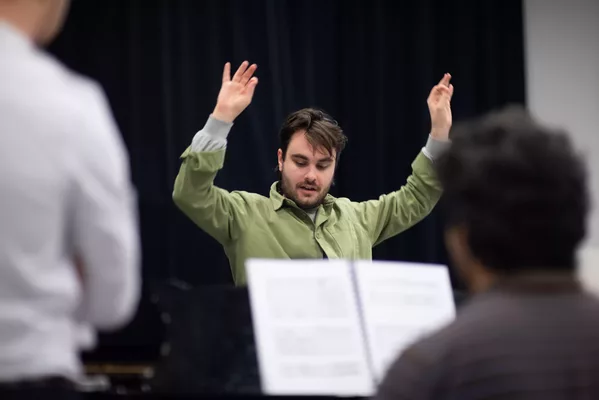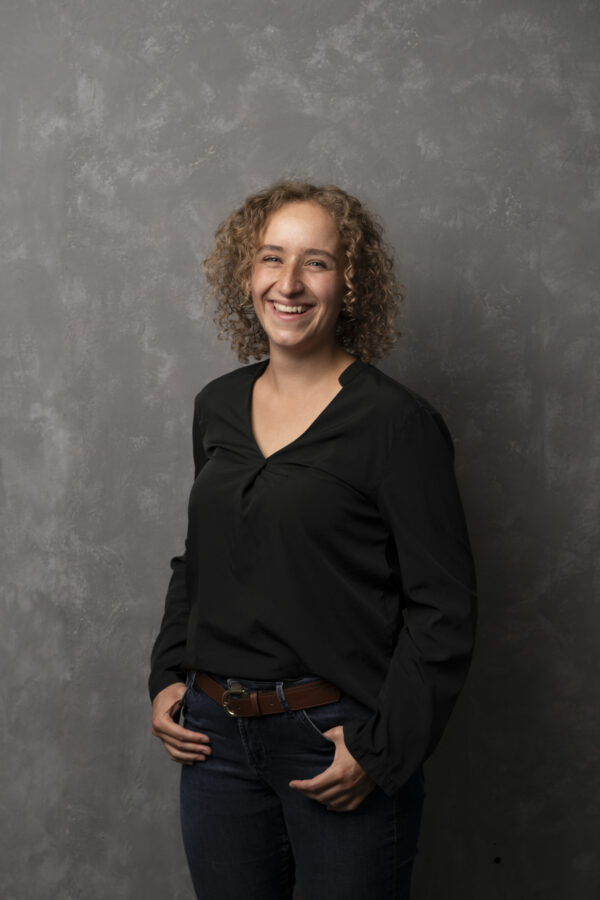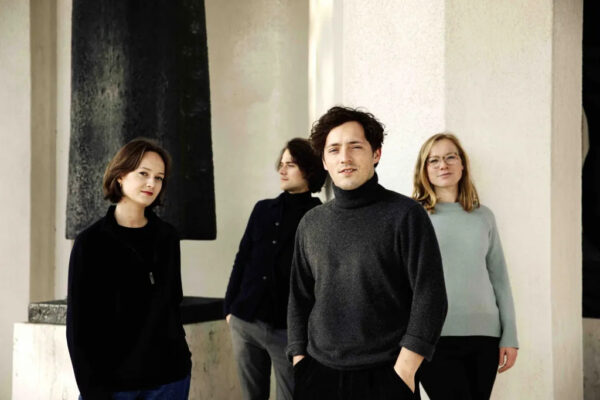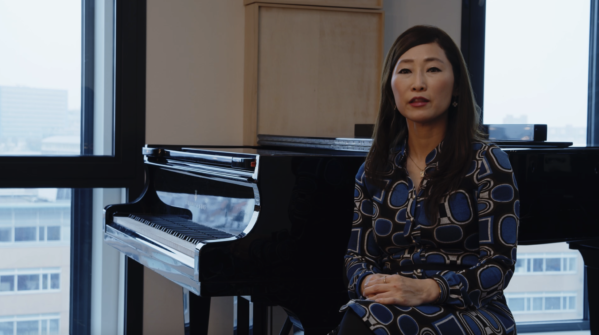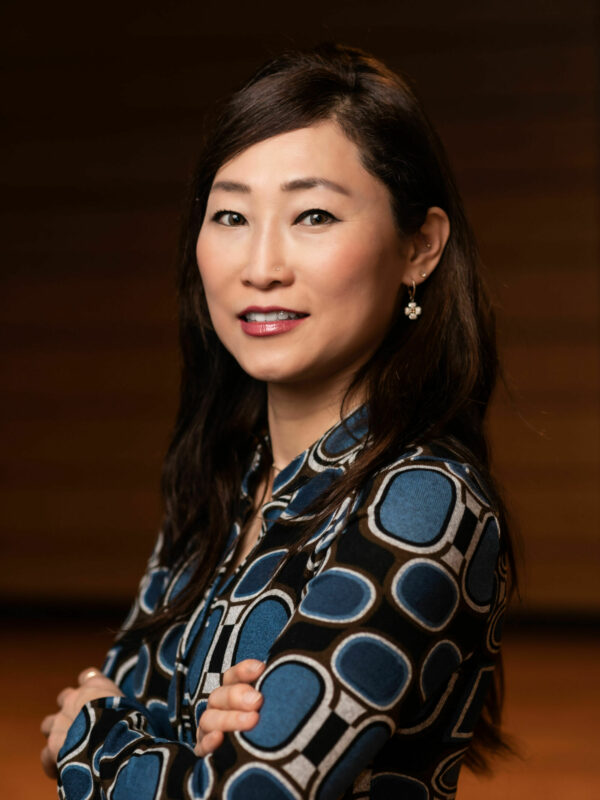Graduate Anna Litvinenko on her Fund for Excellence scholarship
29 June 2020
Anna Litvinenko (Baroque Cello) is a Master student at the Royal Conservatoire; she graduates this summer. After finishing her degrees at The Juilliard School and Royal College of Music, Anna was able to continue her studies in The Hague, both in Classical and Early Music, thanks to a J. William Fulbright grant and a Holland Scholarship. She studied with Lucia Swarts with a focus on improvisation. We spoke with her about how her scholarship and how it enabled her to follow her dream.
Why did you choose for the Royal Conservatoire in The Hague? Please elaborate as much as possible?
When I finished my studies in London, I was looking for a place where I could continue my education and especially focus on improvisation - a dream that I had for a long time. At the time, I contacted my improvisation teacher from the Juilliard School and he pointed me to the Koninklijk Conservatorium in Den Haag. Seeing the conservatoire’s curriculum, resources, and opportunities offered to its students, it seemed to be the most suitable place for me to fill the gaps in my education. The fact that it was also a major centre for Early Music made me even more curious and interested. I applied for a Fulbright grant to see if it would be possible to fund my studies for the first year of a master’s degree, and once I was notified of my acceptance to the Fulbright program, I knew it would be an opportunity that I could not pass up.
Can you reflect on your initial reaction when you heard you were selected for a Fund for Excellence Scholarship?
When I received notification of the Excellence Scholarship (without having applied for it, or asked for any help) it almost felt like a miracle. I was not sure whether I would be able to remain for the second year of the master’s course for financial reasons, but since my first year was so rewarding, I knew I had to find a way to remain. Financial concerns can be extremely distracting, so receiving news about the award felt like a huge relief. It also felt a like a big recognition of my work and dedication to music.
Can you describe one of your favourite experiences during your studies here? What message would you like to give to other Excellent students?
Of all the experiences I have had at the KC, it would be difficult to select just one. I must say, however, that working with Hidemi Suzuki in a master class and in an orchestral project with the Orchestra of the Eighteenth Century was definitely a highlight. Suzuki was extremely lively and characterful in his descriptions of the music, really pushing us to use our imaginations to bring the music to life. He reminded all of us of the magic of making music. The message I would give other Excellent students is to try to take advantage of all the school has to offer. The conservatoire provides access to a large variety of classes in different fields, the opportunity to study at Leiden University, to participate in wonderful projects, and to create a large network of contacts. A piece of advice that has helped me throughout the years is to accept that we can always learn something from anyone or from any situation, no matter how much we think we cannot. If we can learn even just one thing, that makes us that much richer and stronger.
Excellent Scholarships can be realised due to the generosity of private sponsors, companies and funds. What message would you like to give them and last but not least what message would you like to give to future ‘supporters’! (They might be listening ;-))
I would like to express my sincere gratitude to the supporters of the Fund for Excellence Scholarships for their generosity and support for the arts. These scholarships not only make a huge difference for us financially, allowing us to focus more fully on our studies, but also by make us feel our work is of value. For future supporters: It means a great deal to us to know there are people who care so deeply about the future of the arts. We do not go into this field because of money or prestige, but because we believe in what we do. We understand the value that the arts has had for the past and present, and the impact it can have on future generations.

